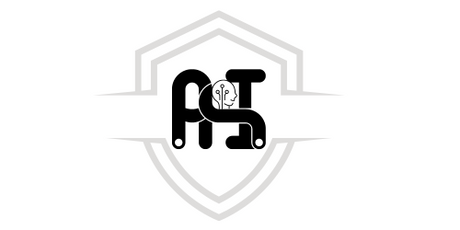You've probably heard the term Employer Branding before, but what does it really mean?
Employer Branding is a strategy that a company creates to build and maintain a positive image in the eyes of its employees; in other words, it is the brand of a company as an employer.
Why is Employer Branding important?
More and more companies are aware of the importance of taking care of their Employer Branding . Nowadays, attracting talent is an arduous task, which is why it is becoming increasingly necessary to take proper care of your employees.
Company information is available to anyone who needs it. The presence of companies on social media means that they are exposed to good comments, opinions and criticism from both their customers and employees in a public way. This means that most potential talents form an idea of how the organization works before attending an interview.
To attract the best talent, it is important to take care of the company's presence on social networks and the information shared on the Internet.
Employer Branding Strategy
We will show you some concepts that are necessary to create an Employer Branding strategy.
1. Transparency
Employer branding consists of showing the company's values, its working methodology, how employees are treated and what benefits it can offer to new talents, in a transparent way to give candidates a real perspective of the company.
2. Prioritize talent
Employees are the most valuable resource of any organization. Employer Branding should be based on the search for talent that provides greater value to the company, also considering the opportunities that it can offer to potential employees.
3. The voice of the company
Employees are the face of the company, and therefore, they are the best reference that an organization has to demonstrate the work environment, benefits and opportunities that a new talent can achieve.
4. Social networks
They are the ideal channel to convey your organization's values and be authentic and transparent. It is important to humanize the brand, show the company's environment, events, new employees, among other options.
5. Participation
Consider that the Employer Branding strategy involves all members of the company. This contributes to employee loyalty. This promotes the success and fluidity of activities in the organization.
4 examples of Employer Branding: benchmark companies
1. Google
Google is one of the best examples of successful Employer Branding . It is a brand with a great capacity to attract talent. The benefits that Google offers its employees are many and extremely valuable, therefore, employee loyalty is high.
Some of its benefits are: free transportation service, rest rooms, health care, travel, generous vacations, assistance with courses, legal advice, among others.
Employees are guaranteed all their meals daily at the company. Additionally, they have access to coffee, juices and snacks at any time.
2. Netflix
At some point, we've all wondered what it would be like to work at Netflix. It's currently one of the most successful companies. Its corporate culture helps them achieve excellence, and they couldn't be more right.
They work on the basis of trust in their employees and offer them freedom and responsibility. Among their main values are passion and communication with their workers. Their motto is “A Great Workplace Combines Stunning Colleagues and Hard Problems.”
They have managed to get their employees to speak highly of the company and show on social media how happy they are to work at Netflix.
Netflix employees enjoy endless benefits such as paternity leave, unlimited vacations, medical assistance, food, dinner and lunch, among others.
3. HubSpot
Their goal is to build a company that we all love, and that is one of the pillars that has led them to success. Their motto: “Creating a company we love.”
Their Employer Branding strategy and corporate culture is based on marketing.
HubSpot makes a point of showcasing the day-to-day life of its employees and promoting its job openings on its social media channels: Twitter, Snapchat, Instagram, and Facebook. They also believe in their employees and consider them the soul of their company and the reason for their great success.
FREE DOWNLOAD
In this guide you will find the most important aspects of Human Resources and the tools with which you can further deepen your knowledge in the area and put it into practice in your organization.
4. Mailchimp
Mailchimp is certainly a reference in Employer Branding . They strongly trust in the capabilities of their employees as ambassadors of their brand, and encourage them to be innovative, creative and motivate them to show their daily lives and all the benefits they enjoy. It is their way of promoting their Employer Branding through real people.
CEO Ben Chestnut’s motto is “Give yourself and your team permission to be creative. Permission to try new things, permission to fail, permission to embarrass yourself, permission to have crazy ideas.”
These examples offer an idea of how you can create an Employer Branding strategy for your company. It is important to keep in mind that the goal is to promote the company's values and the benefits that people can get from working there. You can highlight the work environment, growth opportunities, and the importance that employees have for the company.
Courses that may interest you
Do you want to learn more about the most valuable tools within the Human Resources area? We recommend our Internal Auditor Training courses in Quality Management Systems, Time management and productivity and Effective Negotiation Harvard Model so you can get the most out of other skills.















